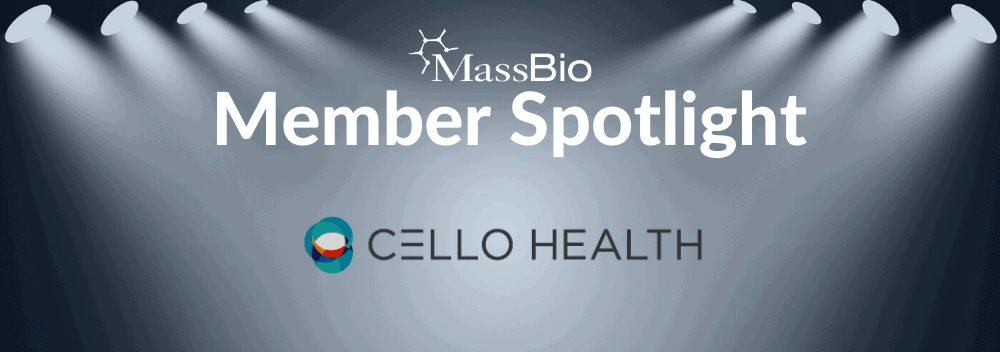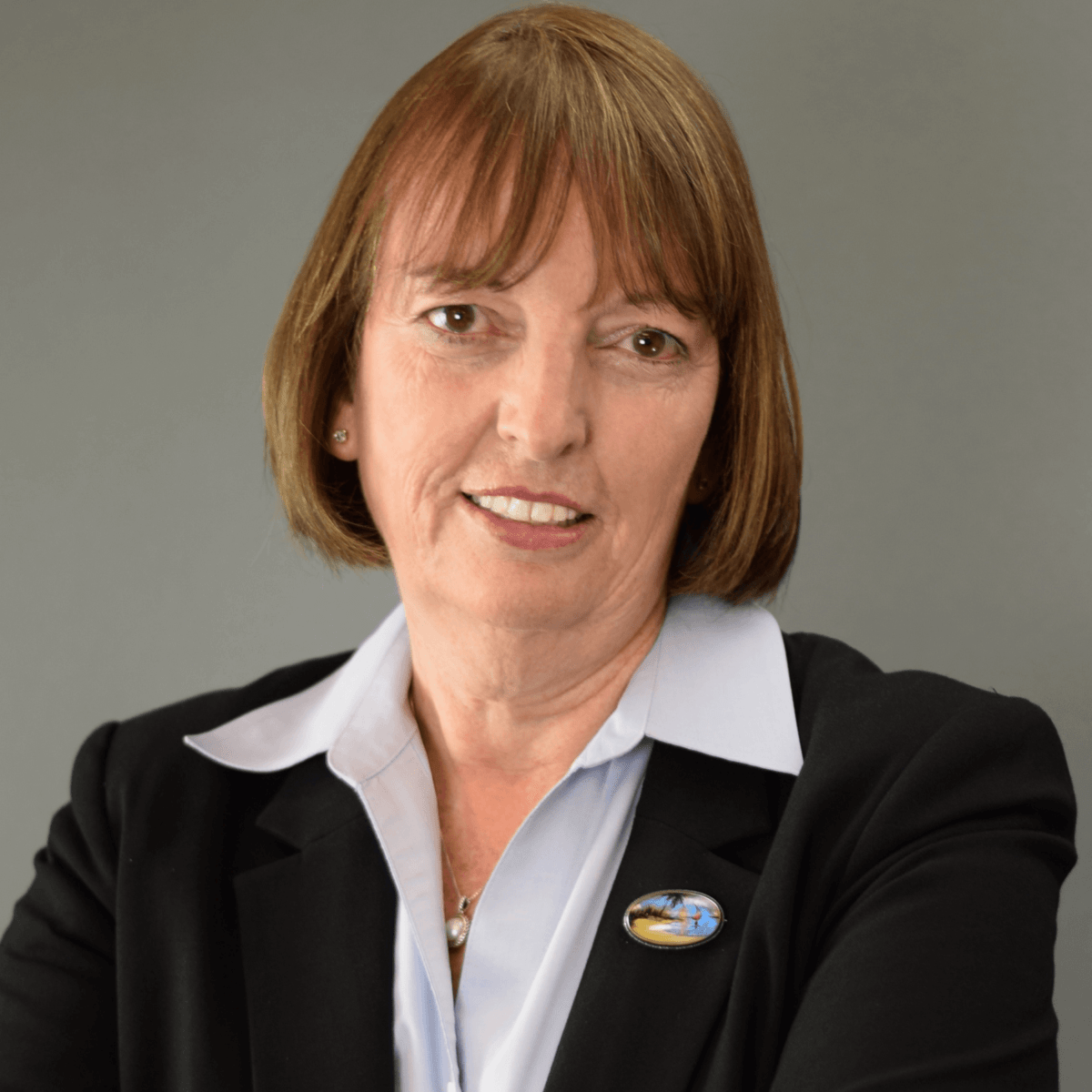
Every month, MassBio spotlights a member company and the great work they’re doing to advance the life sciences industry and support the patients we serve. In June, we spoke with Julia Ralston, US Chief Executive Officer, of Cello Health. Julia joined Cello Health in 2011 following an extensive career successfully growing and managing healthcare communications companies. Julia is responsible for governance, strategic growth, and facilitating collaboration across Cello’s US Consulting, Market Research, and Communication businesses.
Tell us about your organization, its mission and current initiatives.

Cello Health is a thought-leading health advisory firm with three key skillsets offered as specialist services, or often delivered as a fusion of expertise to meet clients’ most critical needs: Business Insights & Analytics, Strategic & Scientific Consulting and Scientific & Creative Communications.
Cello Health is passionate about helping our clients to make confident strategic decisions by navigating complexity in a rapidly evolving landscape. We help to steer decisions by uncovering insights and exploring options to build solutions based on actionable recommendations, specific to our clients’ needs.
Areas in which we have deep experience include oncology, rare disease, early drug development, and tackling the challenges specific to biotech, R&D, and commercialization.
How does your organization’s activities help patients now and into the future?
By supporting the efforts of our clients, including MassBio members, Cello Health helps to bring much needed therapies to market that have a real impact on patient lives. This can often be in areas of high unmet need, such as oncology and rare disease.
Consideration of the patient is inherent in all our work, whether Consulting, Market Research, or Communications. In particular, Cello Health Insight provides a lens into the patient’s world where our client’s products “live.” As specialists in patient research, we translate patient voices and behaviors into strategically valuable thinking. Our methodological capabilities range from advanced analytics in quantitative research, to qualitative research involving sophisticated qualitative exploration approaches, and beyond.
What do you see as the biggest challenge facing the life sciences industry today?
In this current, unprecedented public health crisis, the industry is acting on its strengths in bio innovation and working alongside the medical and scientific communities to find treatments, vaccines, and tests that address the burden posed by Covid-19 on human lives and the healthcare system.
In addition to helping combat coronavirus itself, the industry has also been very responsive in addressing many unique “knock on” effects of the pandemic. These indirect challenges caused additional burden and stress in, for example, the rare disease and oncology communities and needed to be dealt with quickly. They included the underlying impact on research & development and the clinical trial process, maintaining access to essential treatment, dealing with regulatory requirements, or adapting protocols where needed to ensure that patients still had access to treatment.
Looking further out beyond the treatment and prevention of the virus itself, other new challenges will come with quite significant changes to the health system landscape and to tackling societal health. For example, fresh focus and importance will be placed on diagnostics, reducing large population diseases or those in co-morbid patients who have been more exposed to coronavirus, and breakthrough discoveries around infectious diseases to name a few.
Another area of challenge is the rapid virtualization that has occurred far more quickly than we might have imagined a few months ago. The post-Covid world stands to look very different and there is most likely no returning to as many of the previously “live” processes or activities in drug development, launch, or post marketing, or indeed in the medical system where telemedicine is suddenly the “norm” for many routine physician “visits”. The product lifecycle, R&D, the patient journey, and many other aspects of healthcare will travel a different course and it is those companies that thrive on innovation and embrace these changes that will continue to grow.
What’s next for your organization / what are you focused on in the coming year?
Cello Health was in a robust position entering the pandemic, with strong ambition and growth plans. For the time being, our focus has been on the health and well-being of our colleagues, supporting our core clients, and executing our Business Continuity plans effectively. However, we are certainly retaining our ambition for the future and also dedicating time to ensuring we tune in with and can more effectively support our clients in a healthcare system environment that will itself emerge from the pandemic in an altered form. Our focus is therefore on balancing the need to work through the current pandemic whilst continuing to innovate so that we are stronger and smarter moving forward.
In particular, we are closely examining the changes occurring and likely to occur in the healthcare world, including in the role of healthcare professionals. As a service organization, we recognize that part of our role needs to be foreseeing change, adapting to it, and helping to provide solutions for this new world. It is those businesses that continue to innovate and facilitate change that will be best placed to effectively support their clients.
If you’re interested in being featured in MassBio’s Member Spotlight, please see guidelines here.